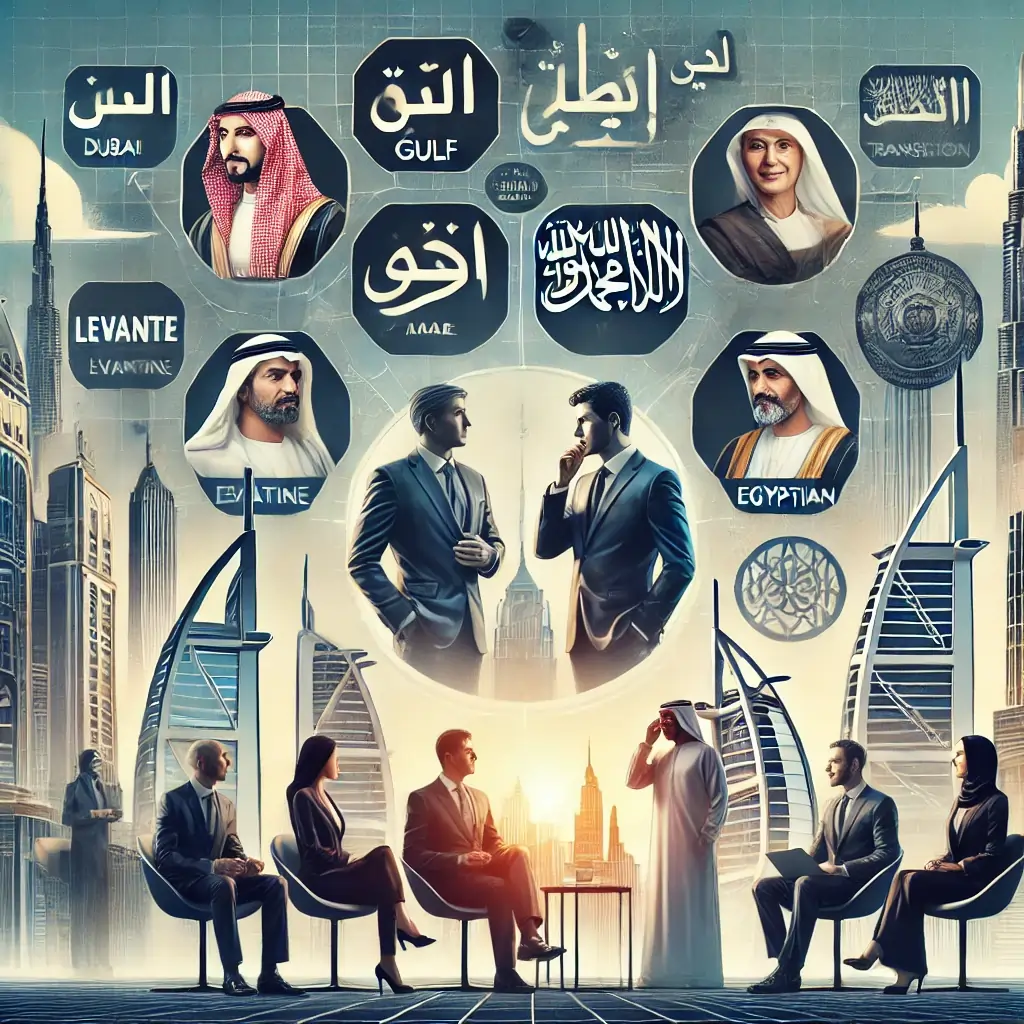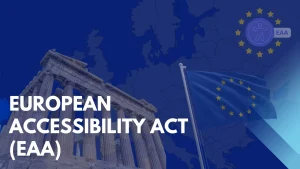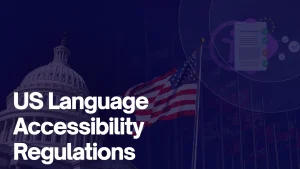Arabic ranks among the most captivating and widely spoken languages worldwide, boasting a diverse array of dialects that vary from region to region. For businesses expanding in the UAE, Saudi Arabia, and Dubai, understanding Arabic dialects is crucial for effective communication and localization.
Modern Standard Arabic (MSA) serves as the formal version of the language, used in official settings, education, and media. However, regional dialects—including Egyptian, Levantine, Gulf, Maghrebi, and Yemeni—form the core of daily conversations. Mastering these dialects is essential for businesses looking to establish a strong presence in Middle Eastern markets.
Why Are Arabic Dialects Important for Businesses in Dubai, UAE, and Saudi Arabia?
Arabic dialects reflect the cultural, historical, and geographical influences of the regions where they are spoken. To succeed in industries such as business, healthcare, tourism, and global trade, companies must use the correct dialect to communicate effectively with their target audience. Using the wrong dialect can lead to misunderstandings, misinterpretations, and missed opportunities.
For instance, Egyptian Arabic is the most widely understood due to Egypt’s dominance in media and entertainment. On the other hand, Maghrebi Arabic, spoken in North Africa, has unique influences from Berber, French, and Spanish, making it difficult for Middle Eastern audiences to comprehend. Choosing the right dialect for translation and interpretation ensures clarity, precision, and an authentic connection with the audience.
Expand your reach in the Arab market with precise and culturally adapted translations. Explore our Arabic Translation Services to ensure your message resonates with your target audience.
Key Arabic Dialects in the Middle East
1. Egyptian Arabic
- Primarily spoken in Egypt.
- Widely understood across the Arab world due to Egypt’s dominance in media, film, and music.
- Ideal for businesses targeting a broad Arabic-speaking audience.
2. Levantine Arabic
- Spoken in Lebanon, Syria, Jordan, and Palestine.
- Known for its melodic tone, making it popular in informal conversations and media.
- A preferred dialect for businesses expanding into the Levant region.
3. Gulf Arabic (Khaleeji Arabic)
- Used in Saudi Arabia, the UAE, Qatar, Kuwait, Bahrain, and Oman.
- Reflects traditional Bedouin culture, with unique vocabulary and pronunciation.
- Essential for businesses operating in the Gulf region, particularly in Dubai, Abu Dhabi, and Riyadh.
4. Maghrebi Arabic
- Spoken in North African countries like Libya, Algeria, Tunisia, and Morocco.
- Influenced by Berber, French, and Spanish languages.
- Considered one of the most challenging dialects for non-Maghrebi Arabic speakers.
5. Yemeni Arabic
- Used in Yemen and parts of southern Saudi Arabia.
- Features several internal dialect variations, reflecting the region’s rich cultural history.
- Important for businesses operating in southern Arabian markets.
How TransLinguist Helps Businesses Navigate Arabic Dialects?
Navigating the complexity of Arabic dialects requires linguistic expertise, and TransLinguist provides the best solutions for businesses looking to expand in Dubai, UAE, Saudi Arabia, and the broader Middle East. Whether you need Arabic translation services, localization, or real-time interpretation, our advanced solutions ensure seamless communication.
1. Speech AI for Arabic Dialects
- TransLinguist’s Speech AI technology accurately interprets and translates spoken Arabic in real time.
- Ideal for corporate meetings, multilingual conferences, and customer interactions.
- Supports over 200 languages, eliminating the need for human intervention.
2. Remote Interpretation with TransLinguist Interactive
- Our advanced platform offers remote Arabic interpretation services, enabling businesses to conduct real-time interactions with Arabic-speaking clients.
- Access professional interpreters specializing in Gulf Arabic, Levantine Arabic, and Egyptian Arabic.
3. Arabic Localization Expertise
- Our linguistic professionals adapt marketing campaigns, websites, and technical documents to suit Arabic dialect preferences.
- Ensures cultural and linguistic relevance for businesses targeting Dubai, Riyadh, Abu Dhabi, and Jeddah.
4. Custom Language Solutions for Middle Eastern Markets
- Whether your business operates in hospitality, finance, healthcare, or e-commerce, we tailor language solutions to fit industry-specific requirements.
- We specialize in dialect-specific translations to enhance customer engagement and brand trust.
Why Choose TransLinguist for Arabic Translation and Localization?
With TransLinguist, businesses gain access to cutting-edge language solutions, expert linguists, and AI-driven tools designed to enhance communication in Dubai, Saudi Arabia, and the UAE. Our expertise in Arabic dialects ensures that your brand message resonates with the right audience, breaking down language barriers and driving business success.
Ready to Expand Your Business in the Arab Market?
Contact TransLinguist’s Sales Team today and explore how our Speech AI and Arabic translation services can help your business thrive in the Middle East.
Keywords Integrated: Arabic translation services in Dubai, Arabic localization in UAE, Arabic interpretation in Saudi Arabia, Gulf Arabic translation, AI-powered Arabic speech recognition, business expansion in the Middle East, Arabic content localization, Arabic business communication, corporate interpretation in the UAE, Arabic dialect expertise.



